KUANTAN, Oct 10 — A group of 30 young Malaysians have taken a bold step into the railway sector, leaving behind their former careers to become the first locally-trained workforce for the East Coast Rail Link (ECRL) project.
Among them are Steven Liu, 28, V. Paarthibann, 29, and Mohamad Zulfaqar Mohamad Forzan, 35, who underwent the ECRL Industrial Skills Training Programme (PLKI-ECRL) at the Liuzhou Railway Vocational Technical College in China for three weeks last November.
Steven, who previously worked in human resources at the ECRL project headquarters, decided to pursue this new path due to his lifelong fascination with trains, despite having no prior knowledge in the field.
“At first, I had to start from scratch. The challenge was significant because I had no experience with trains, but with a strong will to learn, I asked questions and gradually grasped what was being taught by my supervisor (Huang Ming Yong).
“Since childhood, I’ve had an interest in trains, even though Terengganu didn’t have this kind of transportation. My family often took me on public transport like the LRT in Kuala Lumpur, which sparked my curiosity about train concepts, designs, and operations,” he said when met at Section 10 ECRL Basecamp, here yesterday.
Originally from Kuala Terengganu, Steven also shared that he was entrusted with the role of group leader during the programme, managing colleagues’ attendance and leave.
Former ship inspector Paarthibann, on the other hand, found the transition to assistant locomotive driver seamless. He viewed the chance to work on this national mega project as a unique opportunity.
“Previously, I worked in the maritime sector, handling foreign ships and international documents. While the industry shift from sea to rail is significant, each field presents its own daily challenges. I see this as an opportunity to broaden my experience across different sectors,” he said.
Reflecting on his training experience, Paarthibann, who hails from Kuala Lumpur, was particularly impressed by the disciplined and punctual work culture of the Chinese instructors, who placed great emphasis on quality and precision.
“As pioneers in the programme, we’re not only learning technical skills for ourselves, but also preparing to pass on our knowledge to future generations. The expertise we gained from the Chinese instructors will be shared with the next batch of assistant locomotive drivers for ECRL,” he added.
For Zulfaqar, joining the programme was a decision made after seeing an advertisement shared in his family’s WhatsApp group.
With a degree in mechanical engineering and experience as a technician and supervisor in a telecommunications company, he viewed the role of assistant locomotive driver as a new career challenge.
“Many people say learning at 35 is difficult, but I remember my supervisor’s words – ‘If you’re willing to learn, you can improve; if you’re lazy, nothing will change.’ I see this as a chance to develop new skills,” said Zulfaqar who hails from Kota Kinabalu, Sabah.
He expressed his pride in being part of a project that will connect the East and West coasts of Peninsular Malaysia, allowing him to contribute to the nation’s development.
Meanwhile Malaysia Rail Link (MRL) chief executive officer Datuk Seri Darwis Abdul Razak, in a statement said the assistant locomotive drivers will undergo hands-on training to operate the advanced ECRL electric locomotives (e-Loco), which is set to begin commercial operations in January 2027, facilitating cargo transport along the route.
“The assistant locomotive driver training is an essential part of the PLKI-ECRL initiative, which emphasises the ECRL project’s commitment to developing local rail talent. It ensures that we have a skilled workforce ready as the project moves toward full operational status,” he said.
He added that all assistant locomotive drivers would have the opportunity to advance their careers, ultimately becoming fully qualified locomotive drivers or operators of Electric Multiple Unit (EMU) trains, which will transport passengers from Kota Bharu, Kelantan, to Port Klang, Selangor.
“A total of 12 e-Loco units and 11 sets of six-carriage EMU trains have been acquired for ECRL’s cargo and passenger services. The first two e-Loco units and two EMU train sets are expected to arrive in Malaysia by the end of this year,” he added.

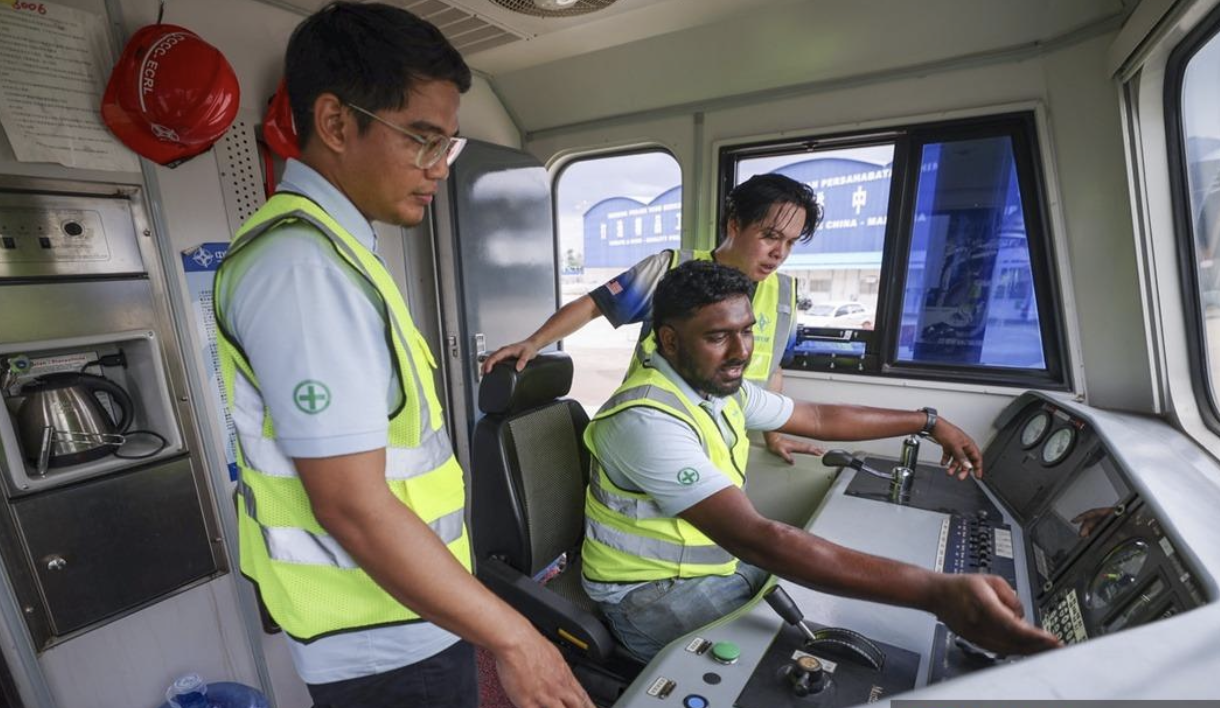







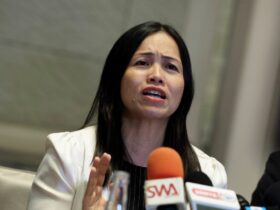
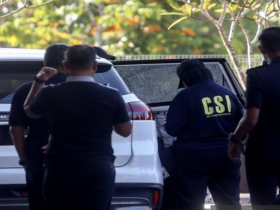
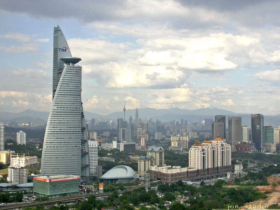


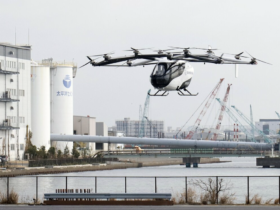

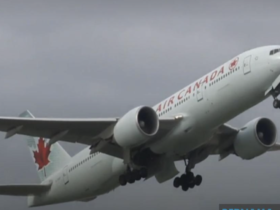
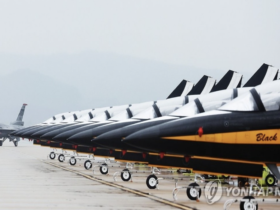



Leave a Reply